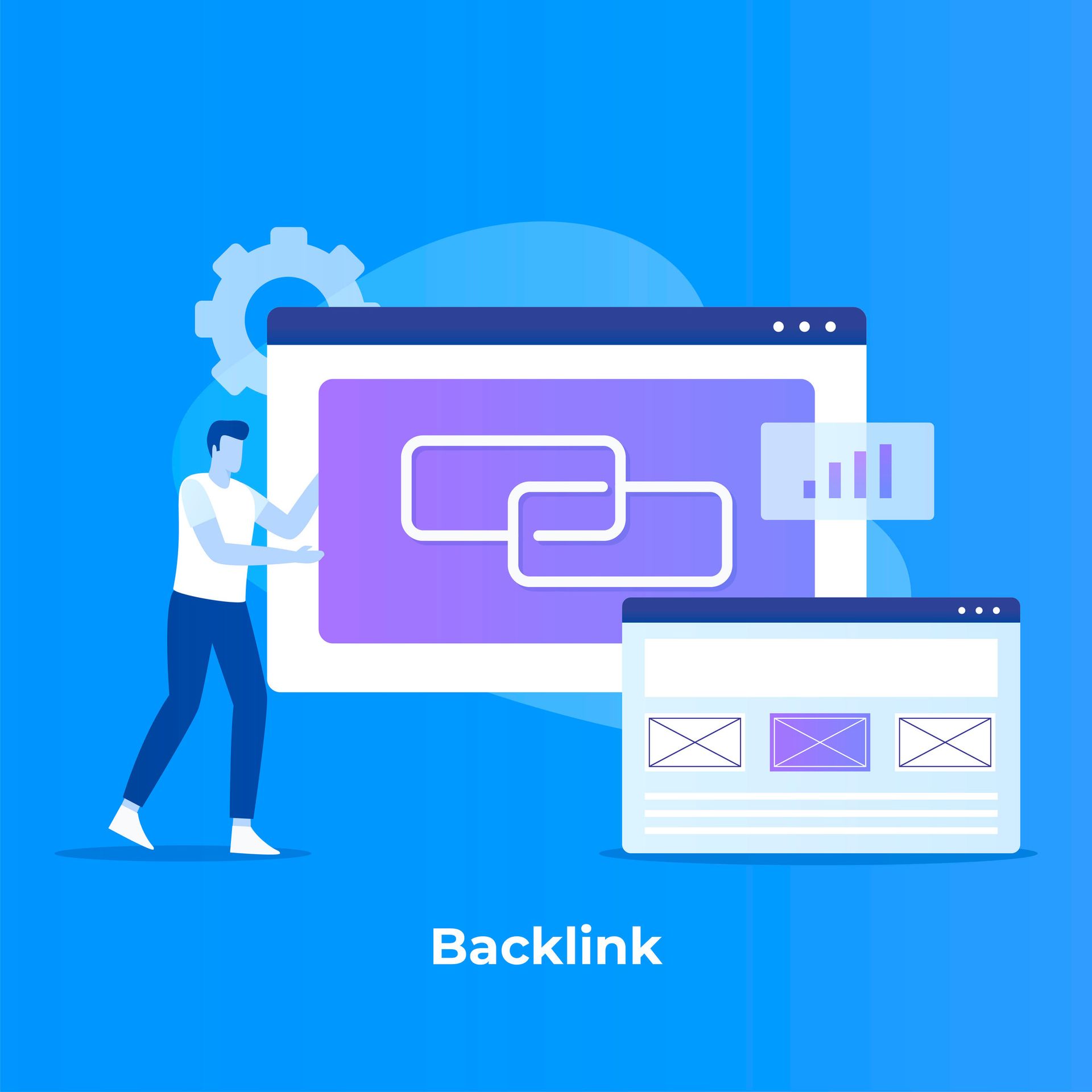How to Create Compelling Content That Converts

Creating content is easy. Creating content that actually connects with an audience and drives them to act is another story entirely. Many businesses pour resources into blog posts, social media updates, and videos, only to see minimal return on their investment. The internet is saturated with information, so simply adding to the noise isn't enough to capture attention, let alone drive sales.
So, how do you break through? The key is to shift your focus from simply producing content to crafting compelling experiences. It’s about creating material that not only informs but also engages, persuades, and ultimately converts readers into loyal customers.
This guide will walk you through the essential steps to transform your content from just another post into a powerful tool for business growth.
Understanding Your Audience
Before you write a single word, you need to know who you’re writing for. Creating content without a clear audience in mind is like shooting arrows in the dark—you might hit something, but it's unlikely to be your target. Truly compelling content speaks directly to the reader's needs, challenges, and aspirations.
Create Detailed Buyer Personas
The first step is to develop buyer personas. These are semi-fictional representations of your ideal customers based on market research and real data. A good persona goes beyond basic demographics like age and location. It should include:
- Goals: What are they trying to achieve?
- Pain Points: What problems are they struggling with?
- Motivations: What drives their decisions?
- Watering Holes: Where do they spend their time online (e.g., social media platforms, forums, specific blogs)?
Crafting Engaging Headlines
Your headline is your first and often only chance to make an impression. No matter how brilliant your content is, if the headline doesn't grab attention, it won't get read. An effective headline makes a promise to the reader and creates enough curiosity to make them click.
Here are a few proven strategies for writing headlines that work:
- Be Specific and Clear: Vague headlines are confusing. Tell the reader exactly what they will get from your content. For example, instead of "Improve Your Marketing," try "5 Simple Ways to Boost Your Email Open Rates Today."
- Use Numbers and Data: Headlines with numbers are highly effective because they promise a structured, easy-to-digest format. "7 Tips for..." or "How We Increased Traffic by 150%" are great examples.
- Evoke Curiosity: Ask a question or present a bold statement that makes the reader want to know more. "Are You Making These Common SEO Mistakes?" is more compelling than "A Guide to SEO Errors."
- Highlight the Benefit: Focus on what the reader stands to gain. "Create Content That Converts" directly addresses a key benefit for marketers and business owners.
Spend time brainstorming multiple headline options for each piece of content. Test them out to see which formulas resonate most with your audience. A great headline can dramatically increase your click-through rates and overall content performance.
Using Storytelling to Connect
Facts and figures can inform, but stories are what truly connect with people on an emotional level. Storytelling is a powerful technique for making your brand more human and your message more memorable. When you weave a narrative into your content, you invite your audience to become part of a journey.
A simple yet effective storytelling framework is the "Problem-Agitation-Solution" model.
- Problem: Start by introducing a common problem your audience faces. This shows you understand their struggles.
- Agitation: Deepen the problem by exploring its negative consequences. What happens if this problem goes unsolved? This creates a sense of urgency.
- Solution: Introduce your product or service as the clear solution that resolves the problem and leads to a positive outcome.
By structuring your content this way, you create a narrative arc that holds the reader's attention and logically guides them toward your call to action.
The Importance of Visual Appeal
In a visually driven world, text alone is often not enough. High-quality images, videos, and infographics can make your content more engaging, easier to understand, and more shareable. Visuals break up long blocks of text, making the reading experience less intimidating.
Consider incorporating these visual elements into your content strategy:
- High-Quality Images: Use relevant and professional photos that complement your message.
- Videos: Create tutorials, behind-the-scenes content, or customer testimonials to add a dynamic element to your posts.
- Infographics: Present complex data and statistics in a visually appealing and easy-to-digest format.
- Custom Graphics: Design branded graphics for quotes, key takeaways, and social media promotion.
Ensure all your visuals are optimized for web and mobile devices to avoid slow loading times. A strong visual strategy not only enhances your content but also reinforces your brand identity.
Optimizing for SEO
Creating great content is only half the battle; you also need to make sure people can find it. Search Engine Optimization (SEO) is the process of optimizing your content so it ranks higher in search engine results for relevant keywords.
Keyword Research
Start by identifying the keywords your target audience is using to search for information related to your industry. Use tools like Google Keyword Planner or Ahrefs to find relevant terms with good search volume and reasonable competition. Focus on a primary keyword for each piece of content and include several related secondary keywords.
On-Page SEO Best Practices
Once you have your keywords, integrate them naturally throughout your content. Here’s a quick checklist:
- Include the primary keyword in your headline, URL, and meta description.
- Use keywords in your subheadings (H2s and H3s).
- Sprinkle keywords and related terms throughout the body of your content, but avoid "keyword stuffing."
- Add internal links to other relevant pages on your website to help search engines understand your site structure.
- Optimize your images with descriptive alt text that includes keywords.
By following these SEO best practices, you can significantly increase your content's visibility and drive more organic traffic to your website.
Take Your Content to the Next Level
Creating content that converts is a skill that blends creativity with strategy. It requires a deep understanding of your audience, a knack for storytelling, and a solid grasp of SEO fundamentals. By focusing on providing genuine value and crafting a compelling experience for your readers, you can turn your content into one of your most powerful marketing assets.
Ready to start creating content that delivers real results? The experts at TopTier Media Services are here to help. We specialize in developing comprehensive digital marketing strategies that drive growth and deliver unparalleled results.
Contact us today for a free consultation and learn how we can help you win online.








